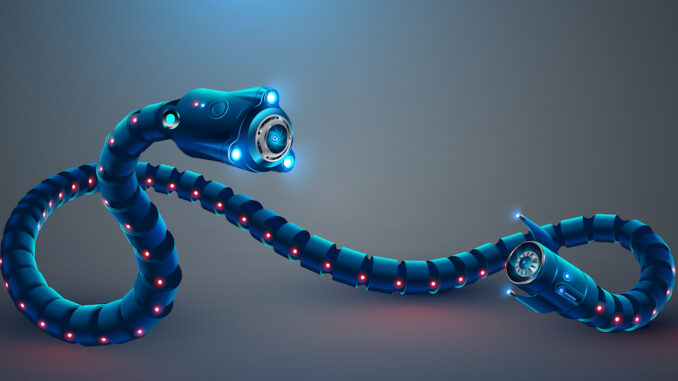
Crop scientists over the years have learned a great deal about how plants grow above the ground, but much less is known about roots and their soil interactions. Now, a Cornell University project will develop worm-like, soil-swimming robots to sense and record soil properties, water, the soil microbiome and how roots grow.
A $2 million National Science Foundation (NSF) grant led by principal investigator (PI) Taryn Bauerle, an associate professor of horticulture in Cornell’s College of Agriculture and Life Sciences, will focus on the plants and soil perspective.
Meanwhile, a $750,000 NSF National Robotics Initiative grant to PI Robert Shepherd, associate professor in the Sibley School of Mechanical and Aerospace Engineering in Cornell’s College of Engineering, will develop the soil-monitoring robots.
The project will focus on maize, with the ultimate goal of incorporating factors related to root growth to improve breeding efforts and soil management that directly affect food productivity and security.
“We plan on developing new tools so that we can tap into the below-ground environment of plants and soil in a way that allows us to shine light in a black box of plant and soil interactions,” Bauerle said.
The team will develop 1- to 2-foot worm-like robots that emulate how a bore drills into the ground, combined with a peristaltic motion that mimics how worms move through soil.
Another goal of the project will be to evaluate how plants might respond to effects of climate change, such as water availability. Measurements of root growth, factored in with environmental data, can provide insights into how roots grow based on external conditions, such as droughts.
“This is really the next frontier in plant biology,”
said project co-PI Michael Gore, professor of molecular breeding and genetics. By quantifying below-ground characteristics, the researchers may then identify relationships with above ground characteristics, Gore said.

